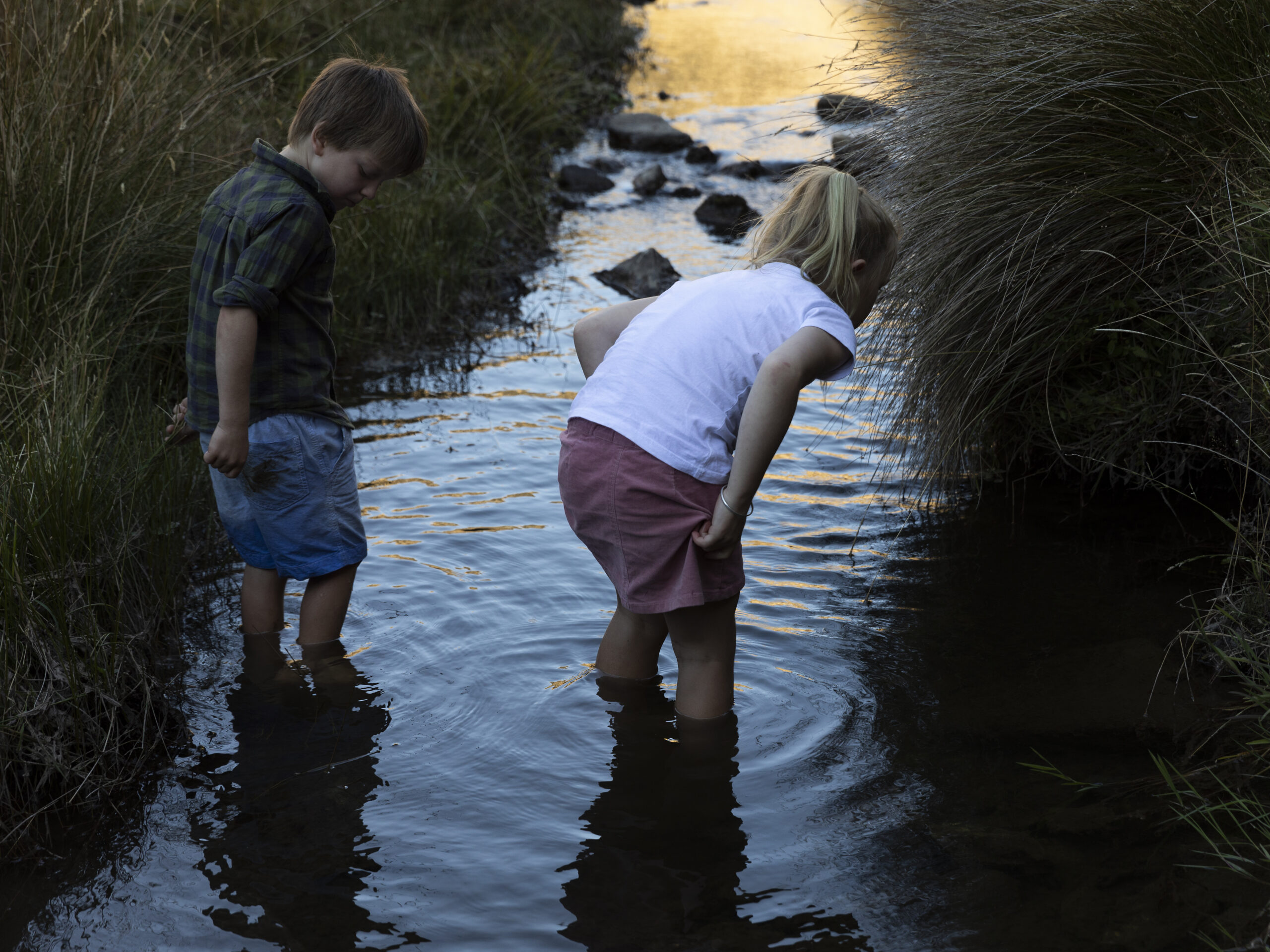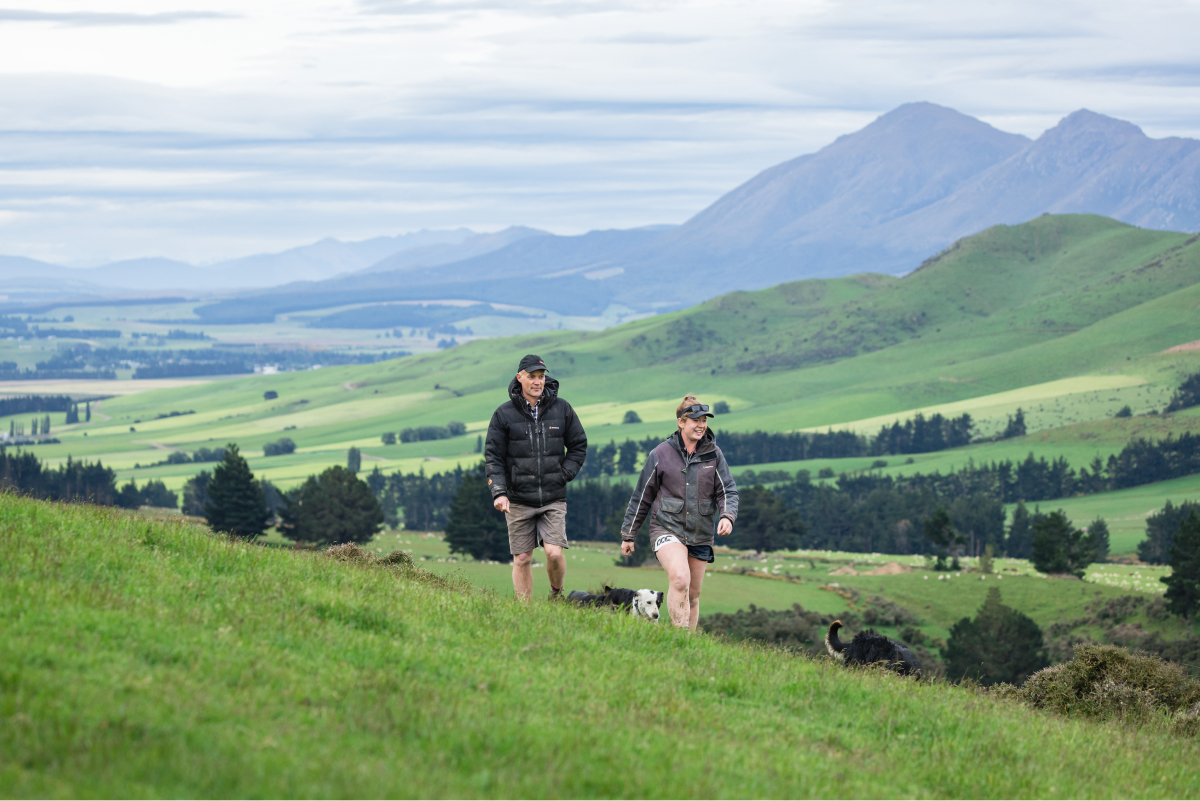Caring for our people
At Lumina, our care extends to each and every person who plays a role in creating the world’s best lamb. We continuously learn from and lean upon one another. Working closely with our team to solve challenges, create connections, and look after each other’s wellbeing. We have strong links and responsibilities to our rural communities.


